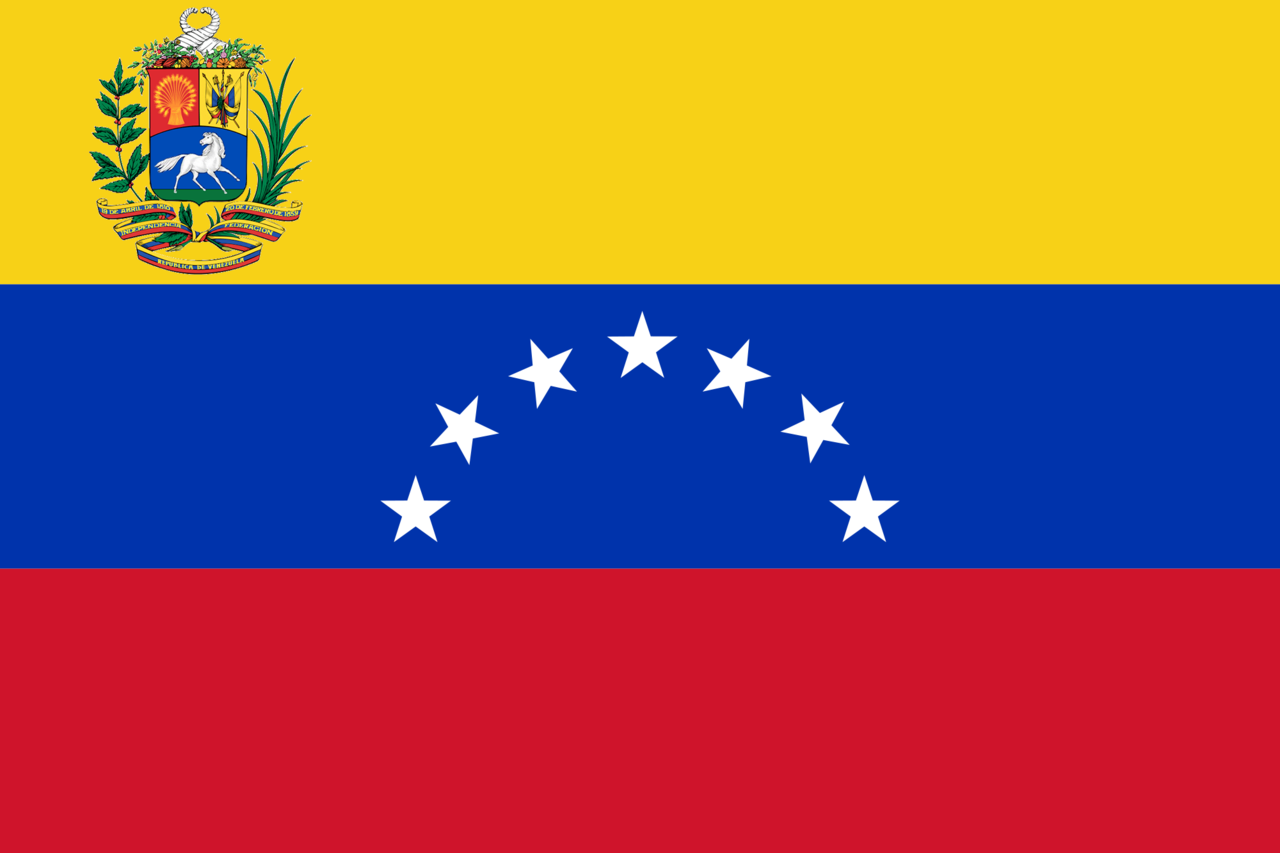Commando 42-61086
Aircraft Identification
VARIANT: Curtiss C-46A-41-CU Commando
USAF SERIAL NUMBER (S/N): 42-61086
CURTISS CONSTRUCTION NUMBER (C/N): 26961
COMMANDO LINE NUMBER (L/N): CU601
FATE: Written off
Operational Record
 April 1944 to April 1946
April 1944 to April 1946
42-61086 - USAAF (USA)
26 April 1944
Delivered from the Curtiss-Wright factory in Buffalo, NY.
30 May 1944
Assigned to ATC North African Wing.
Unknown date
Assigned to Karachi, Sindh, India.
 May 1957 to June 1957
May 1957 to June 1957
N7847B - L & J TRADING COMPANY (USA)
9 May 1957
Purchased.
5 June 1957
Ferried to Miami, FL.
 June 1957 to July 1958
June 1957 to July 1958
N7847B - RANSA (RUTAS AEREAS NACIONALES SA) (VENEZUELA)
21 June 1957
Leased from Caribbean Aircraft & Supply Company.
 July 1958 to August 1958
July 1958 to August 1958
N7847B - CARIBBEAN AIRCRAFT & SUPPLY COMPANY (USA)
July 1958
Returned from lease contract with RANSA.
 August 1958 to 1963
August 1958 to 1963
LV-GFW - TRANSPORTES AEREOS MIRLENI (ARGENTINA)
August 1958
Purchased. [quoted as May 1958 by JB]
6 October 1958
Registered.
 1963 to January 1966
1963 to January 1966
LV-GFW - AEROVIAS HALCON (ARGENTINA)
1963
Transferred.
27 January 1966
Damaged beyond repair near Rio Cuarto, Argentina in a CFIT (0/4 fatalities).
The Commando was operating a cargo flight on the route Rio Grande – Rio Gallegos – Rio Cuarto – Buenos Aires, Argentina. The trip was to be completed in daylight, however the aircraft was delayed at Rio Gallegos due to the loading of 99 sheep. It was dark outside by the time the aircraft left for Rio Cuarto. The destination was changed to Villa Reynolds, which had electric lighting instead of kerosene putts at Rio Cuarto. Although weather was worsening, the crew did not change to an IFR flight plan. Various attempts to contact Villa Reynolds failed, so the crew decided to divert to Rio Cuarto by following a roadway, illuminated from time to time by lightning flashes and the headlights of automobile traffic. The crew managed to find the airport and made an overfly. The airport employees meanwhile were not able to keep the kerosene putts alight due to rain and wind. Four vehicles were dispatched to mark the runway threshold with their headlights. The crew got lost and asked the controller to determine their position relative to the airport by the noise of the engines. While attempting a second overfly of the field to locate the runway, the aircraft hit the terrain and slid on flat ground for 300 meters, broke a wire fence and came to rest in a cornfield 3 miles northeast of the airport. [3 miles south according to other sources]
Below, left: LV-GFW, Aerovias Halcon.
Photo credit: Carlos Abella
Below, right: the remains of LV-GFW after its accident in Rio Cuarto.
Photo credit: Sergio Bontti
Last edited: 09/09/2019

 April 1946 to January 1957
April 1946 to January 1957
